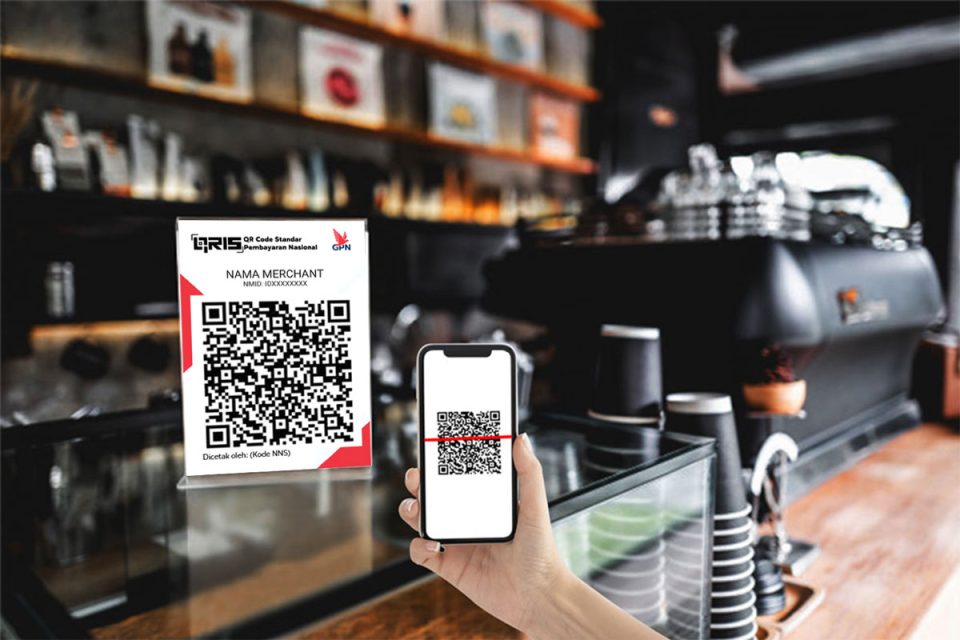Bank Indonesia (BI) is planning to start implementing cross-border QR payment cooperation with Malaysia and Thailand on a commercial basis this year.
People who visit the two countries will be able to immediately transact using the QR Indonesia Standard (QRIS).
Trials with Thailand have been running since August 2021. Meanwhile, with Malaysia, the cooperation has been running for five months since the beginning of 2022.
During the trial process, BI said there have been no significant obstacles.
“So far, the implementation of the transactions has been very good, even the Bank of Thailand delegation who came here have tried several transactions, and they are very smooth,” said Director of the Payment System Policy Department, Fitria Irmi Triswati, in Nusa Dua, Bali on 14th July 2022.
Triswati admitted that there are still obstacles to entering the commercialisation stage, including the pandemic hindering mobility. However, she gave assurances that this stage would still be carried out this year.
“We are targeting this year to be able to step up from the piloting stage,” she said.
Apart from these two countries, BI is currently exploring similar cooperation with the Philippines and Singapore. However, Triswati did not provide an explanation about when the plan would be executed as many aspects must be considered, including the readiness of infrastructure and industry in each country.
Apart from that, Indonesia together with four other ASEAN countries – Singapore, Malaysia, Thailand and the Philippines – will launch cross-border payment cooperation in November that not only uses QRIS but also includes using BI-Fast.
This collaboration is also equipped with the Local Currency Settlement feature, facilitating the settlement of payments in local currency. Thus, transactions using QRIS and BI-Fast within these countries will be able to be carried out directly without the need for conversion to other currencies.
“Our next step is the ASEAN-5 regional cooperation in QR payments, fast payments using local currencies. We are targeting the signing of the MoU for the five leaders to be carried out in November this year,” said BI Governor Perry Warjiyo in a separate event.
“The coordination of cross-border payments in ASEAN will also be a prime example of how from bilateral to regional cooperation, then later to multilateral, from ASEAN to global,” said Warjiyo.
For this initial stage, cooperation is mainly for retail payments. However, Warjiyo did not rule out the possibility of the service being expanded, including cross-border payment cooperation through Real Time Gross Settlement (RTGS)




